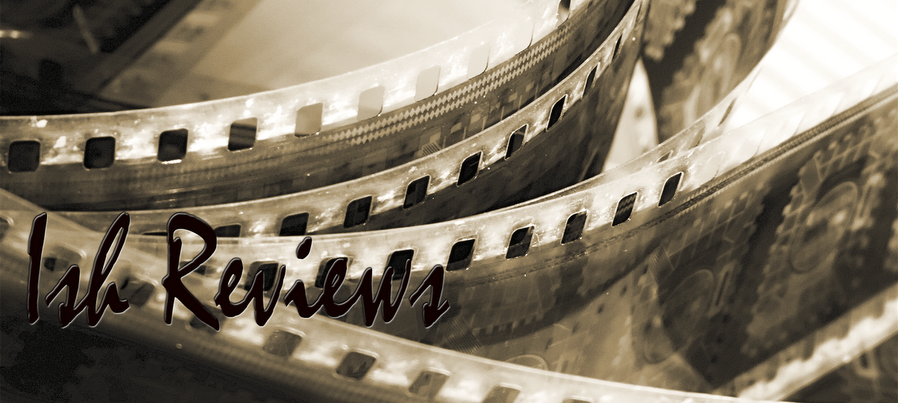Author: Diana Gabaldon
Genre: Historical, Romance, Sci-Fi
Rating: B-
Genre: Historical, Romance, Sci-Fi
Rating: B-
The third novel in Diana Gabaldon's critically acclaimed Outlander series, I have to say that I think that Voyager is probably the weakest, at least in so far as her novels go. While there is a story here a lot of it seems to be more about a justification of her desire to reunite protagonists Jamie and Claire and move them, once again, towards the action. While I appreciate the sentiment and I do largely agree with the desire to reunite our time traveller with her soul mate, there is still a big part of me that can't help but feel as though more so than most of Gabaldon's books, Voyager really fails to stand out on its own and really serves instead as a bridge covering the cap between two separate parts of the series.
Voyager picks up where its predecessor, Dragonfly in Amber, left off, with Claire facing the revelation that Jamie is not dead, as she had long believed, but rather very much alive - or at least, would be, 200 years in the past. Time travel inherently makes understanding things like that more complicated. Claire sets out on a journey to reunited with her man, while the daughter that she is leaving behind, Brianna, comes to terms with the knowledge that the man she thought was her father wasn't, and that she's now about to lose the only parent that she has left. Meanwhile, Roger Wakefield is faced with the very pressing desire to be a big part of Brianna's life.
I already said this, but I think it bares repeating. This book is a bridge between two connected but rather separate stories; Outlander and Dragonfly are about Scotland and the Rising, while the later novels are about America and the revolution. This book serves to connect the two and to establish the younger generation. While Jamie and Claire continue to play important roles in these books, in a manner of speaking they also become more and more about Brianna, Roger, Young Ian, and other characters more their age. I understand that, and I really respect that, although I do think that in later books the series becomes a bit bogged down by both the characters and the number of different plots going on. Gabaldon is a great writer, but sometimes it becomes a bit much and at points it begins to lose the charm of Outlander.
The other problem with Voyager is that in being a bridge book the plot is somewhat lacking. There's a lot of set up here for a major future plot device, and likewise there's a lot of conclusion here for some of the hanging threads of previous devices. In as much as the characters might at times bog down later books, one of the things that I love about Gabaldon in general is the plethora of really deep and unique characters. Voyager doesn't lack in them at all, but for much of the time it almost seems like they're there not so much to introduce or partake in any plot, but to simply exist. In a way this works, but in a way it doesn't. The way that it really doesn't work, at least for me, is the fact that there is almost no continuity in these characters - the bulk of them were never introduced before Voyager and do not appear again afterwards. This is really hugely disappointing, just because I like to see the ways in which these characters appear to have developed off screen. This idea continues as well; a lot of the characters introduced in Outlander and Dragonfly no longer appear to exist in Voyager. While it's understandable that Claire has been gone (and presumed dead) for some twenty years, there's still a part of me that wants to see her seek out some of her old companions. She might not wonder what happened to them, but I do.


No comments:
Post a Comment